People are paying "mules" to boost their mileage on Strava, which leaves me asking - is social media ruining running?
It begs the question: are we prioritising how we appear on social media over our wellbeing?
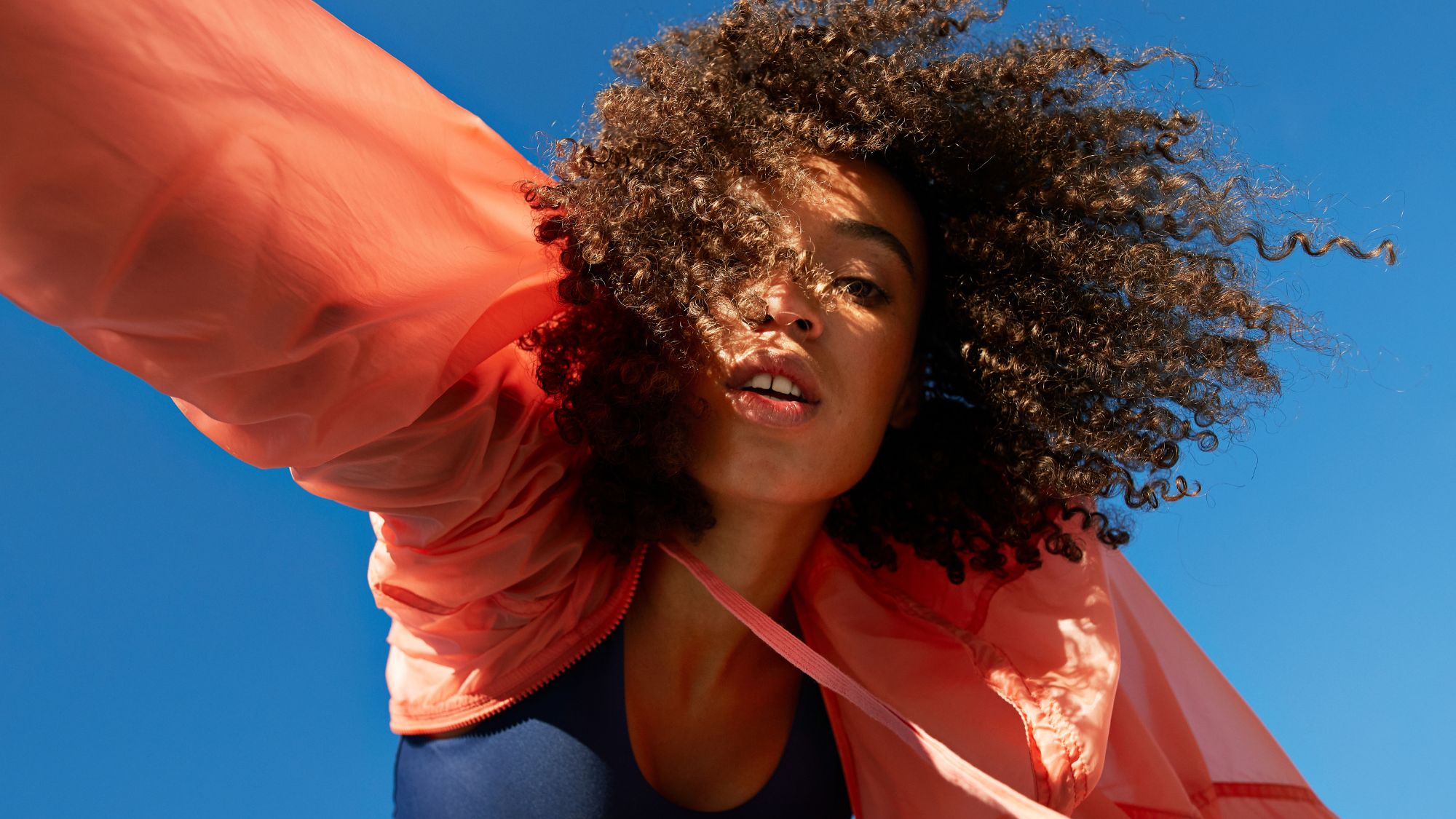
If you're a runner or cardio-lover inspired by the recent boom in interest in the workout, you'll have noticed the many trends to hit the sport in recent months. Whether it's everyone and their Aunt speeding through races in compression sleeves and reflective shades or Sunday long runs complete with hydration vest and carbon plate running shoes, social media is awash with people dedicating their weekends to speedwork training and 10-milers that finish at the nearest 'Gram-worthy coffee spot.
The latest trend? People paying others to run for them so that they appear fitter or faster online. And now, said Strava "mules", as they're being called, are sharing their money-making experience online.
Never heard of Strava? It's a popular fitness app which allows you to track any workouts, but it's most popular for logging the miles you've run, swum, or cycled. Used by both athletes and amateurs alike, the premise of the app is simple - to set yearly goals, log your workouts, and congratulate friends and followers on their daily workouts, too.
The thing about Strava is that it works on a "kudos" system - similar to Instagram or Facebook "likes," you can give others "kudos" for their daily workouts. That's where the aforementioned viral Strava "mules" come in - in short, regular runners who are being paid by those who are less active but want to appear as highly active on the app. Also nicknamed "jockeys," their job is straightforward: to bank workouts, monitor them via a watch, and bank them on the app under another person's username, passing off their pace, distance, or workout.
Explaining the trend, Doctor Sophie Mort, clinical psychologist at Headspace, explains: "Essentially, people are passing off others' achievements on the app as their own to look good and feel good from the extra likes they're being given."
As a Health Editor and nine-time marathoner who's been running for the best part of ten years, I found the trend funny, to begin with, but as I've seen the continued stream of headlines this week, I've thought twice about my initial reaction. What does the new trend say about our relationship with social media, and also our relationship with running? Below, I discuss in depth with a psychologist. Keen to read more running content? Scroll our guides to running tips for beginners, mindful running, how to run faster, how to run further, plus our expert training tips for a marathon, here.
I use running as a form of escapism—but now Strava ‘mules’ making money off mileage risks ruining it for us all
Let's get into the trend a bit more, first - because whether a worrying trend or not, it's certainly something I've never seen before. While there's no doubt that social media is a curated showreel of people's lives, I've never known people to pay others to build their lies online before - especially when it comes to health.
Marie Claire Newsletter
Celebrity news, beauty, fashion advice, and fascinating features, delivered straight to your inbox!
One mule who's been paid to run for a year now has been posting about his experiences on TikTok and shared more details. “Someone will pay me to run a race with their Strava account on my phone. I did this with the Brooklyn mile last year," he detailed.
Not all runs are "fast", either, with each pace tailored to the individual paying for his services. Speaking about how people would react if a client suddenly posted a time that wasn't consistent with his other training, he continued: “He keeps posting slow times, so then when he does run the marathon, his friends will be like: ‘What? No way, that’s impossible.’”
When asked why he took on the work, he said: “If I’m being honest I’m willing to do anything for the right price. And I’m not making this video out of guilt, I’m making it to say that my service is now available to the public.”
Other videos claim that runners are getting paid 25p per km or 40p per mile, which equates to £400 a year if you run a total of 1000 miles.
@velljko ♬ original sound - Veljko
Prioritising how we appear over how we feel
So, why might people be turning to total strangers to bank their weekly mileage for them? According to Dr Mort, there are multiple reasons. "For some, it'll be about fulfilling the life that they want to have - they're living out things they'd like to achieve and appearing to live out their life goals," she explains.
For others, it could be more deceptive - they could be trying to make it look like they were in say, London, when in reality they were in Manchester. "Or it could be to fool another person into believing that they were training for an event when actually they aren’t," she goes on.
Whatever the reason, it's a pretty elaborate - not to mention expensive - way to convince others that you're being active. So, psychologically speaking, what does the trend imply, and does it indicate that we're prioritising appearing to be happy and healthy over actually investing the time in making ourselves happy and healthy? "Ultimately, this trend seems to be about keeping up appearances," explains the expert. "It suggests a shift in people’s priorities - from being active to appearing active - and reflects a growing societal emphasis on how we present ourselves, potentially placing social validation over genuine well-being."
And therein lies my issue with the trend. Social media isn't real, and the reason I rave about movement so much as a specialist in the field with nearly ten years of experience to my name is because I know first-hand how much daily exercise can boost both your physical and mental wellbeing. It's not all about running, sure - even daily steps can boost both body and mind - but some form of exercise daily has been scientifically proven time and time again to benefit all areas of our lives.
On the other hand, social media has been linked to increased levels of anxiety, depression, and other mental health conditions. By focusing on how you come across online rather than truly tapping into how you're feeling and further taking the necessary steps to boost your wellbeing, you're wasting precious time that you could be using to meditate, bank some mileage, or practice some self care.
Dr Mort agrees, continuing: "This trend highlights how social media pressures can drive people to fabricate parts of their lives to gain approval. The desire to maintain a certain image online, such as being disciplined or fit, may outweigh the need for some people for authenticity. It's a clear example of the extreme lengths some will go to for online validation. This is not a new trend; it is simply another way that this focus is showing up in the world."
Sadly, this fixation has been around for decades, with many an influencer carving entire careers forged on lies. Take Belle Gibson, the wellness influencer who claimed to have cancer and made fraudulent claims of donating $300,000 (£230,000) to charity. Trainer Alice Liveing has opened up about pushing diet books and workout programmes while struggling with a debilitating and all-consuming eating disorder. She never detailed her ongoing battles at the time, instead encouraging her followers to eat and workout as she was.
@pedestriantv ♬ original sound - PEDESTRIAN.TV
Comparison culture and unattainable ideals
So, what does the trend indicate about how we present ourselves on social media? And are we so fixated with how we come across that we're willing to lie? "This is one of many ways people create an external illusion," Dr Mort explains. "When we filter our pictures or pretend to be always happy, we are creating a personal brand and shaping the way we would like to be seen. The Strava mule phenomenon is simply an extension of that trend."
While filtering pictures and curating what we choose to share online may be fairly standard practice at this point, lying about who you are and how you spend your time - especially to the extent that you're willing to pay others to keep up the pretence for you - is a sad indication of social media culture and the pressure people feel to keep up.
Many will just shrug this off as a harmless side hustle which promises to make those who run regularly a bit of extra cash. And that, it might be - but there's no denying that it also has the potential to be damaging to the running community. One of the biggest barriers to entry for many aspiring runners is comparison. Think about it - if you see people online logging hundreds of miles each week, you may feel inadequate or like there's no point in you banking, say, ten. But the running community has - and always will be - about encouraging everyone to lace up and welcoming all with open arms. As Dr Mort explains: "The trend increases pressure - some may assume that that level of activity is attainable when it wasn’t really achieved."
Bottom line: it creates a really unhealthy comparison culture and also projects unattainable ideals. "While some may view it as harmless fun, especially if there's no financial gain, it becomes more problematic when it misleads others into believing in a false standard," the expert continues.
I've dedicated my entire career to encouraging people to workout and find their safe spaces within the fitness sphere. So remember this: running is never about how far you run or how quickly you manage your miles. It's about headspace, freedom, fitness and so much more. Next time you notice someone banking a suspicious amount of weekly mileage, remember this: no one else's workouts matter bar yours.
Shop MC UK's go-to running gear now:
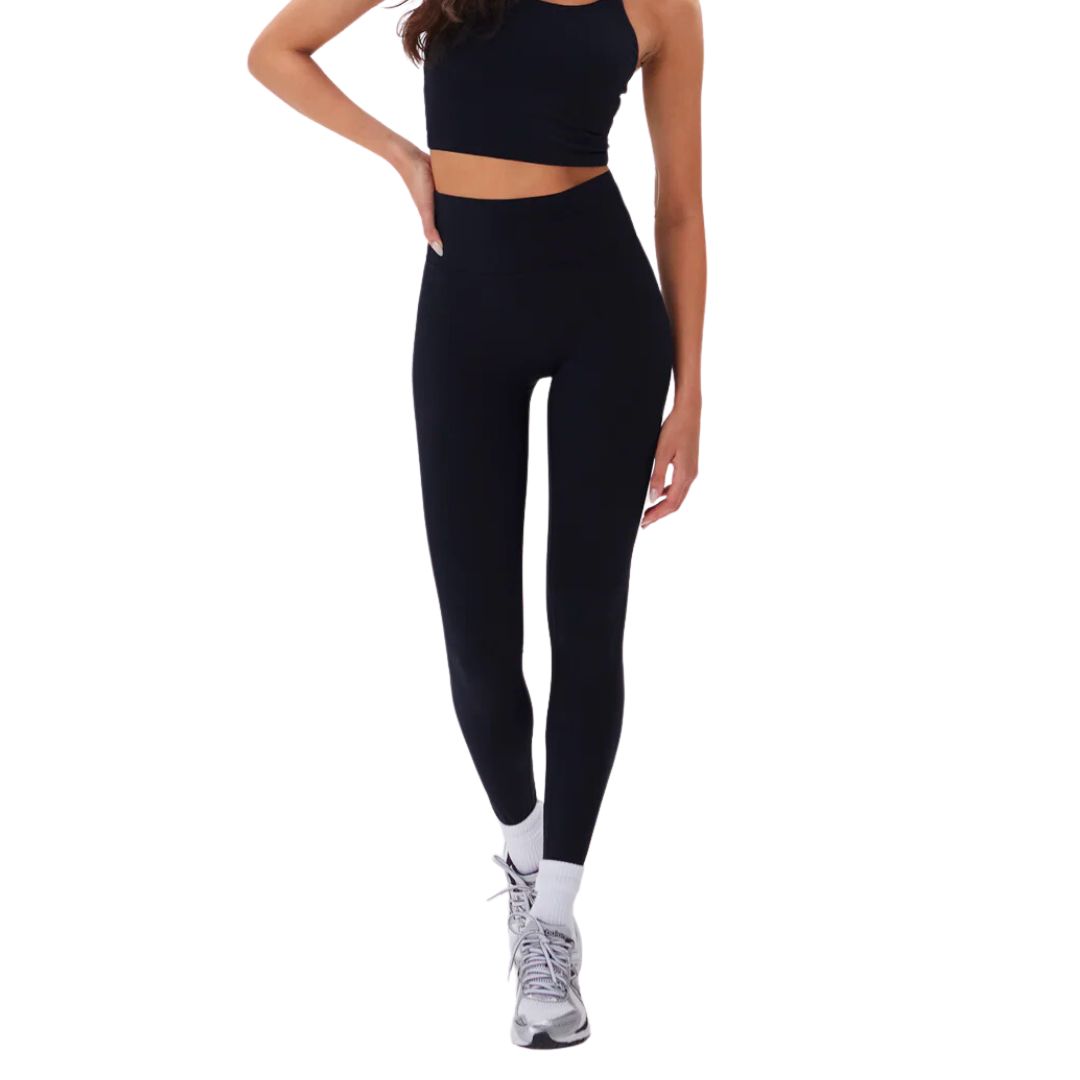
While you might assume that Adanola's fashion-forward approach to fit kit might mean it's not the most functional, you couldn't be more wrong. Not only are their designs flattering, but they sweat-wick well, staying up for even the most high intensity of sessions and promising no chafing or sagging, to boot.
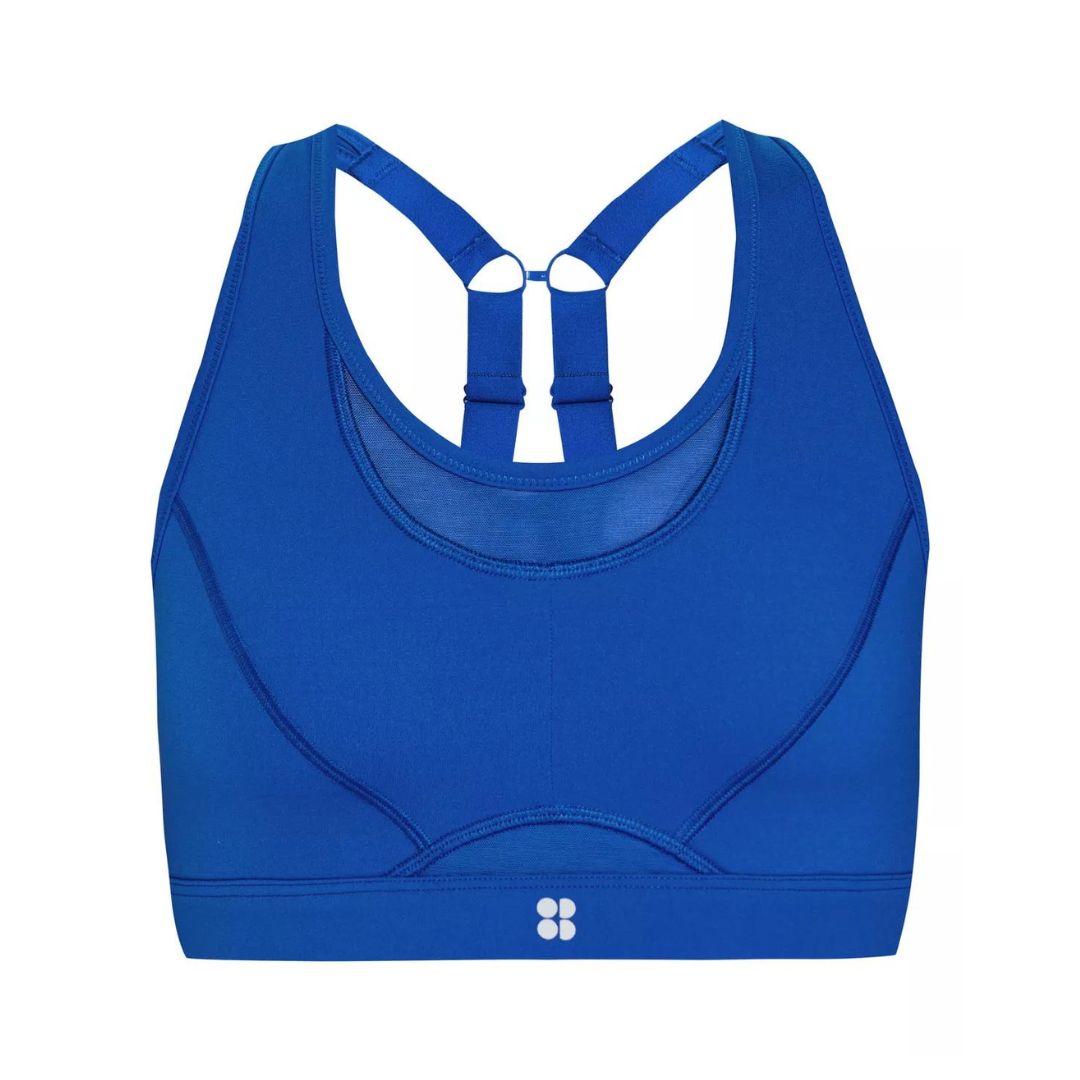
I wear this Sweaty Betty sports bra on repeat - it's easy to put on, seriously supportive, and has a hook eye clasp and a racerback design for extra hold.
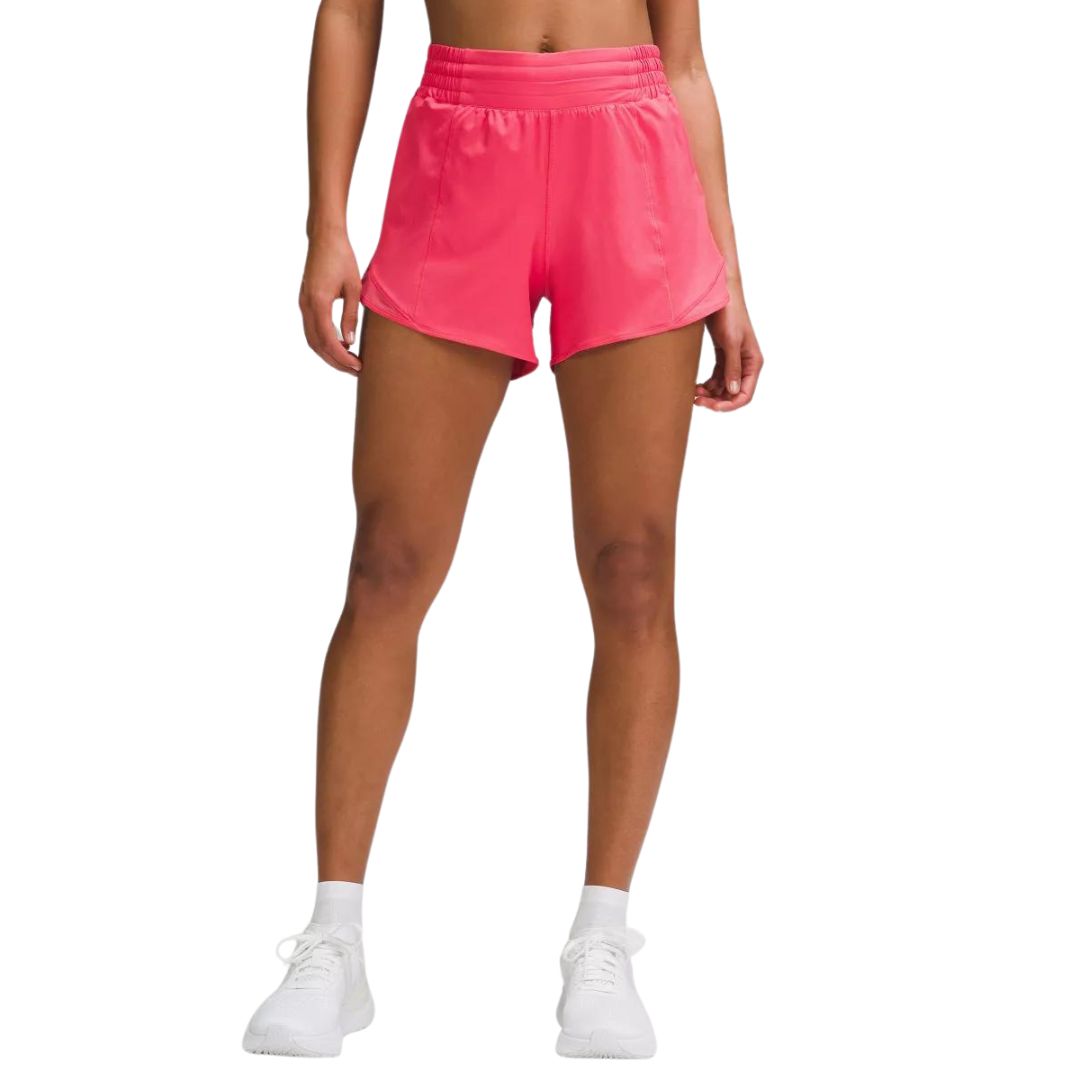
Running shorts are a bit like marmite - people either swear by them and wear them come rain or shine or stick to longer-length leggings. Whether you're a shorts novice or aficionado, you'll love lululemon's Hotty Hot shorts, which come in a range of lengths and colourways.

Ally Head is Marie Claire UK's Senior Health and Sustainability Editor, nine-time marathoner, and Boston Qualifying runner. Day-to-day, she heads up all strategy for her pillars, working across commissioning, features, and e-commerce, reporting on the latest health updates, writing the must-read wellness content, and rounding up the genuinely sustainable and squat-proof gym leggings worth *adding to basket*. She also spearheads the brand's annual Women in Sport covers, interviewing and shooting the likes of Mary Earps, Millie Bright, Daryll Neita, and Lavaia Nielsen. She's won a BSME for her sustainability work, regularly hosts panels and presents for events like the Sustainability Awards, and is a stickler for a strong stat, too, seeing over nine million total impressions on the January 2023 Wellness Issue she oversaw. Follow Ally on Instagram for more or get in touch.
-
 New Look’s spring collection has dropped - As a picky fashion editor, I’m seriously impressed
New Look’s spring collection has dropped - As a picky fashion editor, I’m seriously impressedSpring trends at affordable prices
By Jazzria Harris
-
 I'm the founder of an ethical brand marketplace - why, in the wake of tariff-gate, protecting independent businesses is more important than ever
I'm the founder of an ethical brand marketplace - why, in the wake of tariff-gate, protecting independent businesses is more important than everThis Earth Day, the founder of Wolf & Badger shares why protecting sustainable brands is so pivotal.
By Ally Head
-
 Three ways to enhance your skincare routine with technology
Three ways to enhance your skincare routine with technologyBy Jenny Proudfoot
-
 Jump training workouts are being hailed as the best longevity workout you can do - a top personal trainer shares their guide
Jump training workouts are being hailed as the best longevity workout you can do - a top personal trainer shares their guideJump to it...
By Katie Sims
-
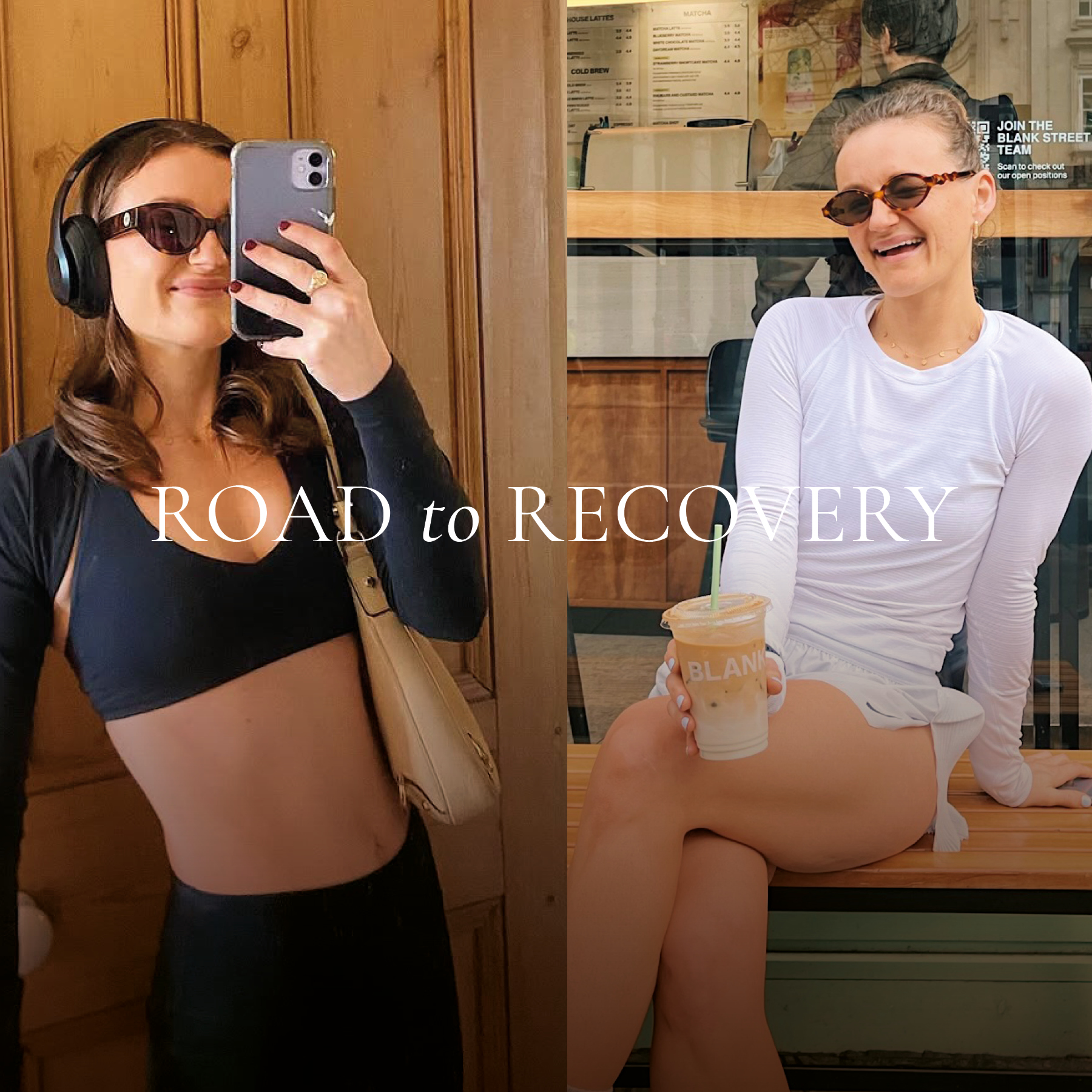 Road To Recovery: I'm a Health Editor and marathon runner who’s long struggled to make recovery a habit - enter, my lazy girl's guide to R&R
Road To Recovery: I'm a Health Editor and marathon runner who’s long struggled to make recovery a habit - enter, my lazy girl's guide to R&RRecovery is all too easy to skip when you’re busy, but it’s as essential as working out to boost wellbeing - which is where these handy tips come in.
By Ally Head
-
 I tried TikTok's lemon balm tea for a week to see if it can really help to reset your nervous system - my honest review
I tried TikTok's lemon balm tea for a week to see if it can really help to reset your nervous system - my honest reviewSit back and pour yourself a cup of calm.
By Anna Bartter
-
 The entire UK seems to be obsessed with saunas RN - 9 benefits to know about, if you're considering giving them a go
The entire UK seems to be obsessed with saunas RN - 9 benefits to know about, if you're considering giving them a goEnter your Scandi girl era.
By Anna Bartter
-
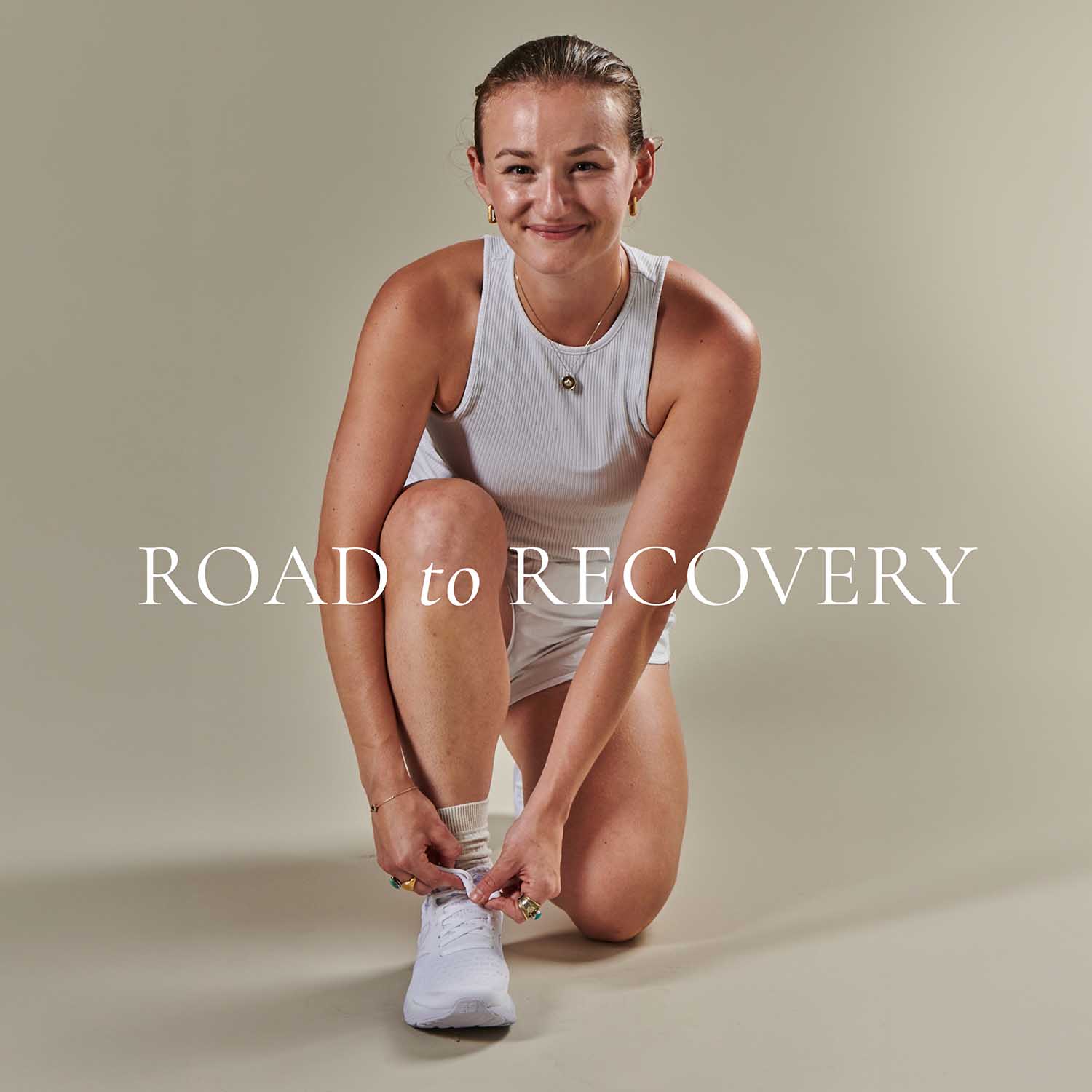 Road To Recovery: As marathon training ramps up - 5 tips for maintaining motivation, from a 9x marathon runner
Road To Recovery: As marathon training ramps up - 5 tips for maintaining motivation, from a 9x marathon runnerPlus, I share the joy of returning to running and the kit I've been loving recently.
By Ally Head
-
 Short on time and eager to make cardio fun? These are, hands down, the best 10-minute walking workouts
Short on time and eager to make cardio fun? These are, hands down, the best 10-minute walking workoutsGet your step on.
By Katie Sims
-
 Wellness Escapes: I went to Bali in search of winter sun, I came home with a new lease of life
Wellness Escapes: I went to Bali in search of winter sun, I came home with a new lease of lifeThis White Lotus-style sanctuary taught me how to relax
By Mischa Anouk Smith
-
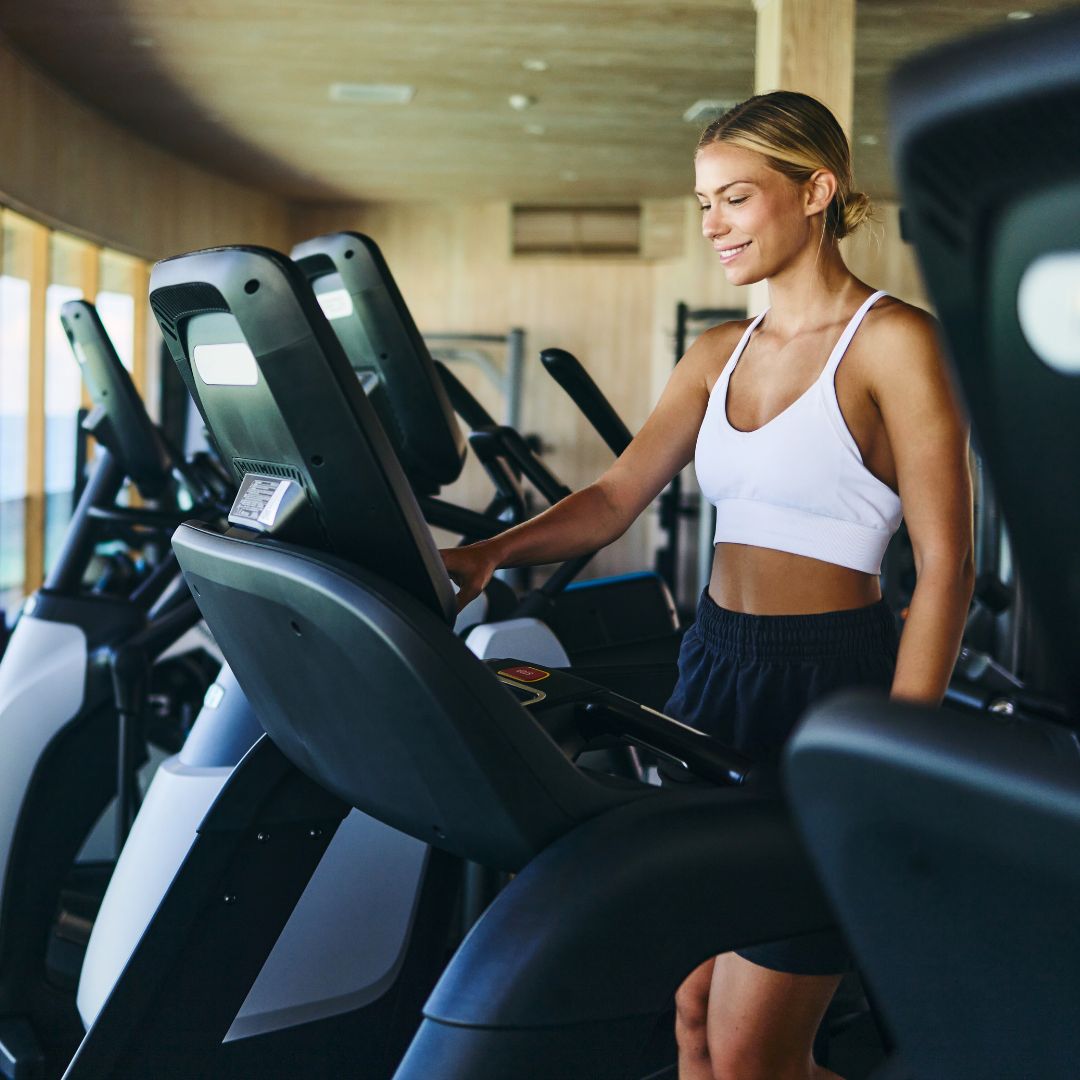 Eager to work up a sweat this spring? The internet can't get enough of Stairmaster workouts - 5 that top personal trainers swear by
Eager to work up a sweat this spring? The internet can't get enough of Stairmaster workouts - 5 that top personal trainers swear byEnter: the perfect Spring sweat session.
By Anna Bartter
